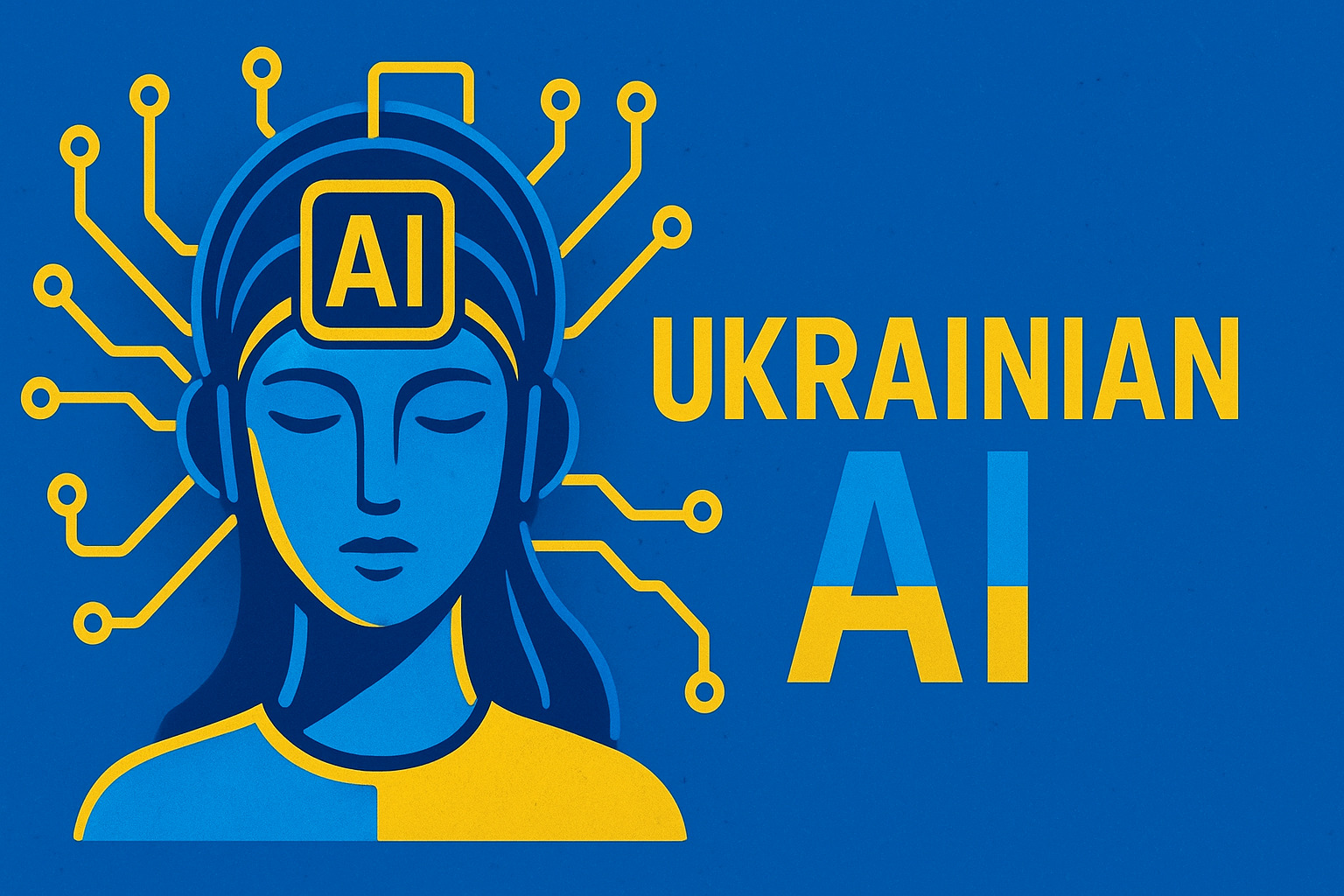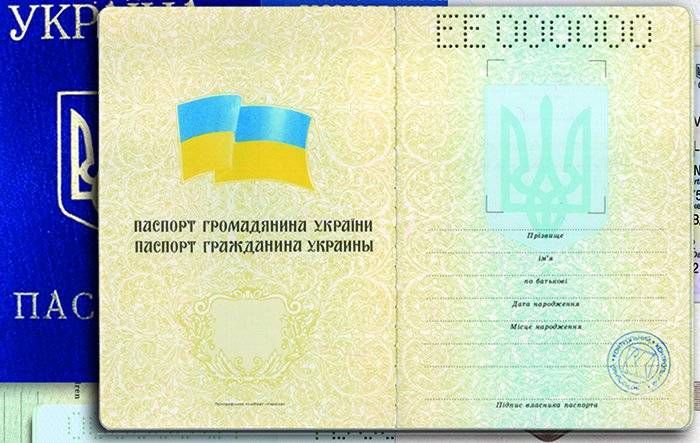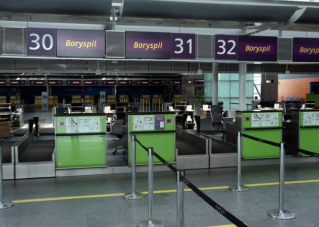“When the silence comes, the government will have to answer dozens of difficult questions. And it’s better to prepare the answers now,” – Vadym Zukin
/ 23 October 2025 11:23
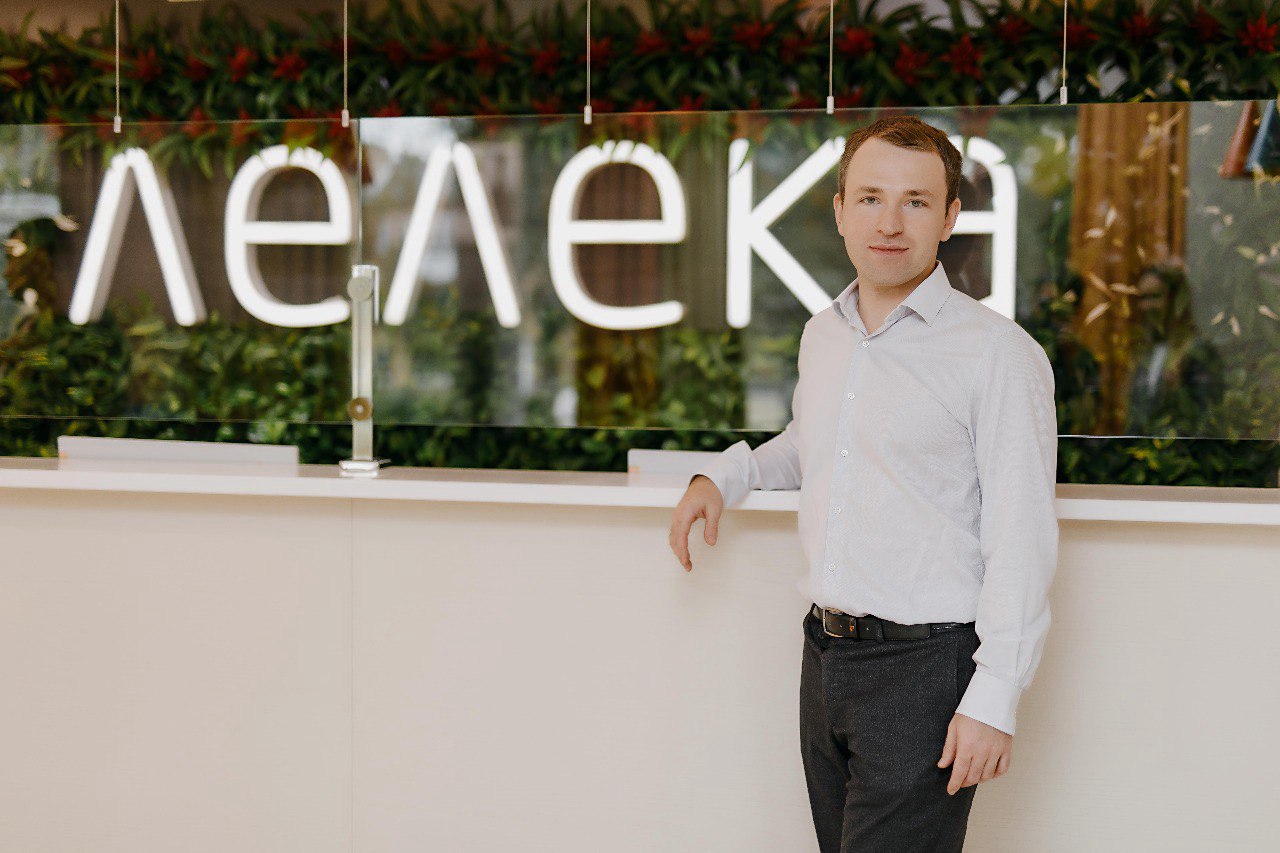
47 min to read
In 2014–2016, Vadym Zukin and his team founded one of Ukraine’s best maternity hospitals – “Leleka.”
In 2019, it became the first medical institution in Ukraine to receive the world’s most prestigious hospital accreditation – JCI (Joint Commission International).
In 2024, despite the ongoing war, “Leleka,” now a multidisciplinary medical center, passed the JCI reaccreditation, becoming the only medical facility in the world to undergo hospital safety accreditation during active hostilities in its country.
Since 2014, he has also led the company MedExpert, which provides comprehensive hospital automation services across Ukraine – with more than 70 hospitals automated to date.
In 2025, Vadym joined the ranks of the Defense Forces.
The day after victory: what questions must we start answering now?
We all await the day of Victory.
But once the silence comes, the authorities will have to answer dozens of difficult questions – and it would be wise to start preparing those answers now.
Question 1. How much foreign aid will continue?
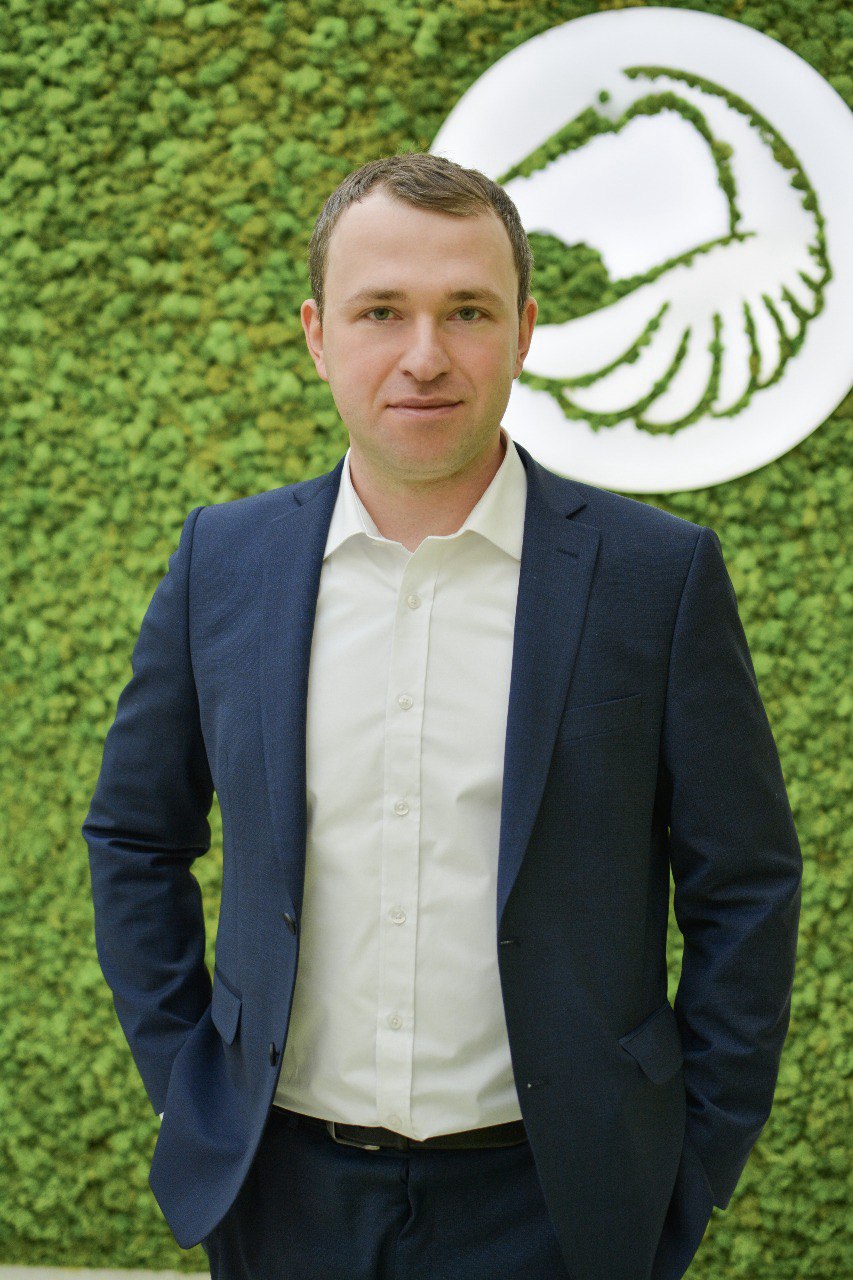 Roughly half of our national budget depends on foreign partners. Their intention to reduce assistance after Victory is as obvious as our desire to make it greater and longer-lasting. The entire financial model of the state will depend heavily on the scope of this support.
Roughly half of our national budget depends on foreign partners. Their intention to reduce assistance after Victory is as obvious as our desire to make it greater and longer-lasting. The entire financial model of the state will depend heavily on the scope of this support.
Recently, I came across the term “reparation loan.” On one hand, the idea is humiliating: instead of reparations paid by war criminals, we would receive a loan. On the other hand – if the country lacks funds, what can the government do?
Clearly, Ukraine’s financial model should be built around several possible scenarios of foreign aid – from zero support to a new “Marshall Plan.”
Question 2. What will we do with Ukrainian refugees?
It’s no secret that Europe accepted millions of Ukrainian refugees (mostly women with children) not only out of altruism.
European governments weren’t surprised that hundreds of thousands of “refugees” continued working remotely for Ukrainian companies or even traveled “on vacation” to the very country they fled from – something unthinkable for, say, Syrian refugees.
Europe has a strong demand for young, educated citizens. Moreover, the rise of far-right movements makes Ukrainian refugees – white, European, and Christian – a more “acceptable” group.
European ministries of social policy are working actively to integrate Ukrainians into their labor markets. Steps will surely be taken – officially under the banner of altruism, but in reality – driven by financial considerations – to keep as many Ukrainians as possible.
From our side, however, it’s in the financial interest of the Ukrainian state to bring people back – as they represent the workforce, the economic engine, and the future (especially women and children).
So the question is: what concrete steps will we take to create favorable conditions for return and reintegration?
Question 3. What will the government do with draft dodgers?
One of the most sensitive issues after Victory will be the policy toward men who, for one reason or another, did not join the defense forces.
From a purely financial standpoint, the state might prefer they simply return, work, have children, and pay taxes.
But the role of the state is to set fair rules and maintain a sense of justice in society.
Justice suggests that those who fought and sacrificed health and time deserve privileges.
The government’s task is to design a system of benefits that rewards those who served without alienating those who did not.
Sadly, the question “Where were you?” will echo through society for a long time.
A wise government must find a sustainable and lasting answer.
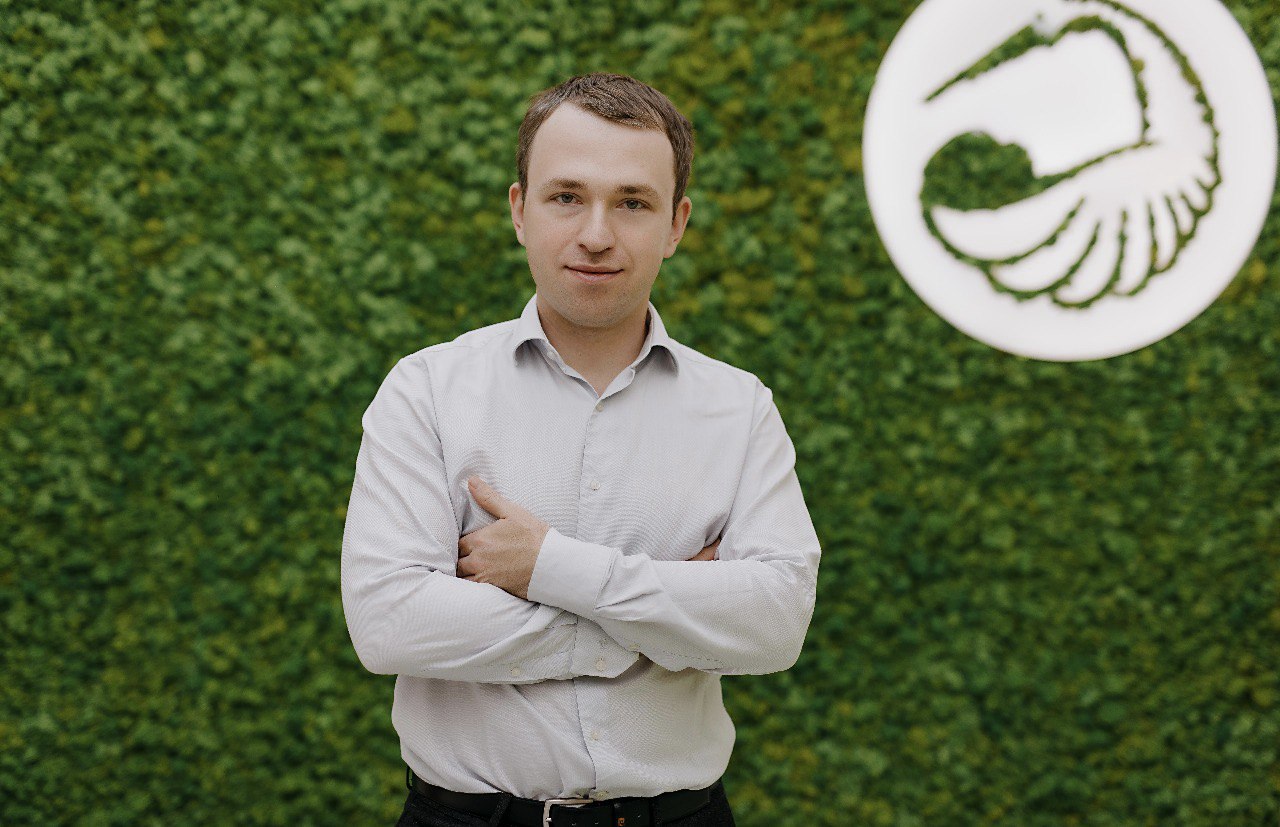
Question 4. How will we support veterans and their families?
Families of fallen soldiers must feel their sacrifice was not in vain.
The wounded should have access to proper rehabilitation and employment opportunities.
The system of statuses and benefits must be fair and transparent.
Perhaps it’s worth introducing several levels of the “Combatant” status – depending on the length and nature of service.
That would prevent the devaluation of true heroism and preserve public trust in the state.
Question 5. How can we prevent another war?
The “Never Again” strategy must become one of Ukraine’s key long-term priorities – not just for the first years after Victory, but forever.
The price we have paid is too high, and it must serve as a guarantee that no one will ever attack us again.
I deliberately avoid the word “Russians,” because in 50 years another dictator could emerge under a different flag.
Ensuring stable peace will be essential.
The strategy should include constant and adequate military funding, regular training for reservists, and more.
In my opinion, ensuring the “Never Again” strategy during peacetime is even harder than during war – because military spending will increasingly seem unnecessary, and army service will lose its prestige.
Maintaining a high level of readiness over the next 20–30 years will be a major challenge.
Question 6. When will the government start planning 20–30 years ahead?
It seems obvious that long-term planning is better than short-term improvisation.
Yet for many years, Ukraine has lacked a real long-term economic strategy.
What defines a good strategy?
When governments change – but the strategy remains.
A good Ukrainian example is the healthcare reform: “money follows the patient.”
The reform, adopted in 2017, survived the political transition of 2019 – which means its core idea was ideologically sound and sustainable.
Question 7. How should we handle the language issue?
No comment – but yes, it will arise.
Can a patriot speak Russian?
Can a Ukrainian soldier speak Russian?
What about surzhyk, the mixed dialect spoken by millions?
Should Ukrainization be enforced?
If someone has spoken Russian all their life – can or should they be “Ukrainized”?
Did the war start because of language?
Whatever approach the government chooses, part of society will fiercely criticize it.
Question 8. How can we integrate military leaders into effective civilian governance?
The rise of military figures in politics is inevitable.
Many voters believe: if someone was an effective commander in the army, they’ll be an effective public official.
So, yes – many officers will enter politics.
The long-term question is: how can we integrate people who successfully led in defense structures into efficient civilian administration?
How can we bring more principled, anti-corruption patriots into government – without letting them become corrupted by the system?
I often recall the character “Aunt Katya” from the TV series Servant of the People – an honest, naïve person appointed as minister, who eventually became even more corrupt than the others.
To me, “Aunt Katya” is a collective image of all idealists who enter politics with pure intentions but become part of the corrupt machine.
So, to all future officers-turned-politicians – please, don’t become another “Aunt Katya.”
In conclusion
There are many questions about Ukraine’s life after Victory – and just as many possible answers. There is no single “right” answer – only directions to choose and follow.
One thing I can say with 100 percent certainty: it’s better to plan until 2050 and beyond than just for the next 3–5 years.
Vadym Zukin
Serviceman of the Armed Forces of Ukraine,
Co-owner and COO of Leleka Medical Center,
Owner and Director of MedExpert Company.
Without an author

